Wholesale Electronics
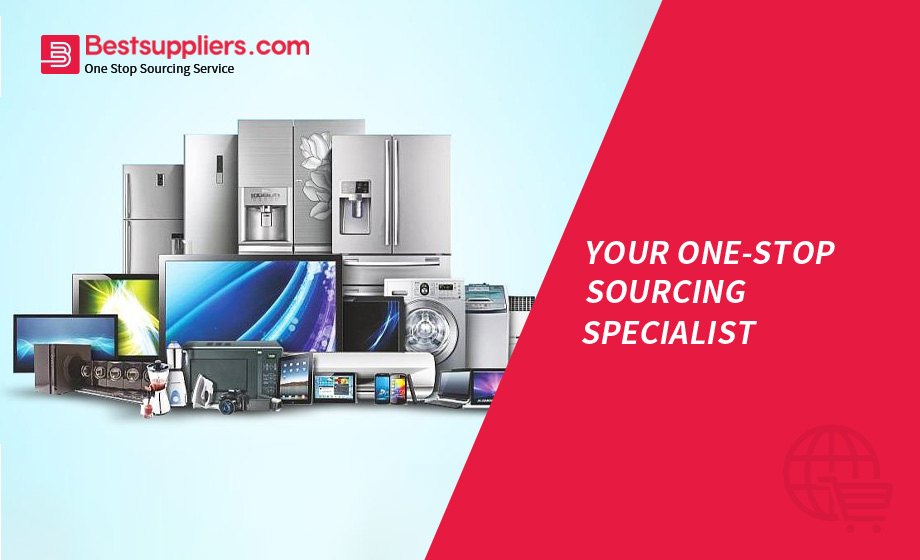
Introduction
The wholesale electronics market has seen a massive surge in popularity recently, reshaping the global technology landscape. Various factors, including technological advancements and changing consumer preferences, have fueled this remarkable growth. China has emerged as a significant player in the wholesale electronics market. In this article, we explore the world of wholesale electronics and why China has become a dominant force in this industry.
The Rise of Wholesale Electronics
The wholesale electronics sector has become vital in modern commerce. It offers convenience to businesses and affordability to consumers. Wholesale electronics suppliers deal in bulk quantities, leading to significant cost savings compared to retail outlets. This has appealed to businesses aiming to stay competitive and individuals seeking budget-friendly gadgets.
The rapid pace of technological innovation has created a consistent demand for the latest gadgets and devices. Wholesalers ensure a smooth flow of cutting-edge electronics from manufacturers to retailers and consumers. This synergy between supply and demand has propelled wholesale electronics to the forefront of global commerce.
Why China Excels in Wholesale Electronics
Understanding China's Wholesale Electronics Market
To understand China's dominance in wholesale electronics, we must delve into the intricacies of the Chinese market. China's wholesale electronics industry thrives due to a unique combination of factors, making it highly attractive to electronics enthusiasts and businesses.
The Scale of China's Electronics Industry
China's wholesale electronics market is notable for its immense scale. China has a massive manufacturing infrastructure that produces a wide range of electronic products, from consumer electronics like smartphones and laptops to industrial machinery and components. The diversity and quantity of electronics manufactured in China have created a robust supply chain serving a global clientele.
Key Players in the Chinese Electronics Market
China's dominance in the wholesale electronics sector is reinforced by key industry players. Leading electronics manufacturers such as Huawei, Xiaomi, and Lenovo have gained global recognition. These companies not only produce their branded products but also act as OEM (Original Equipment Manufacturer) suppliers for various global brands. This dual role gives them significant influence in the wholesale electronics market.
China's electronics market extends beyond manufacturing giants. A vast network of wholesalers, distributors, and traders operates within the country, ensuring the smooth distribution of electronic goods worldwide. This intricate network ensures that even specialized electronics reach global markets.
Factors Behind China's Dominance in Electronics
Several factors contribute to China's supremacy in the wholesale electronics sector. Firstly, China benefits from a robust ecosystem of suppliers, enabling cost-effective production and competitive pricing. This is appealing to wholesalers and retailers alike.
China's investment in research and development has led to technological advancements, ensuring the availability of cutting-edge electronics and enhancing product quality. Additionally, China's favorable regulatory environment expedites product development and market entry compared to Western nations.
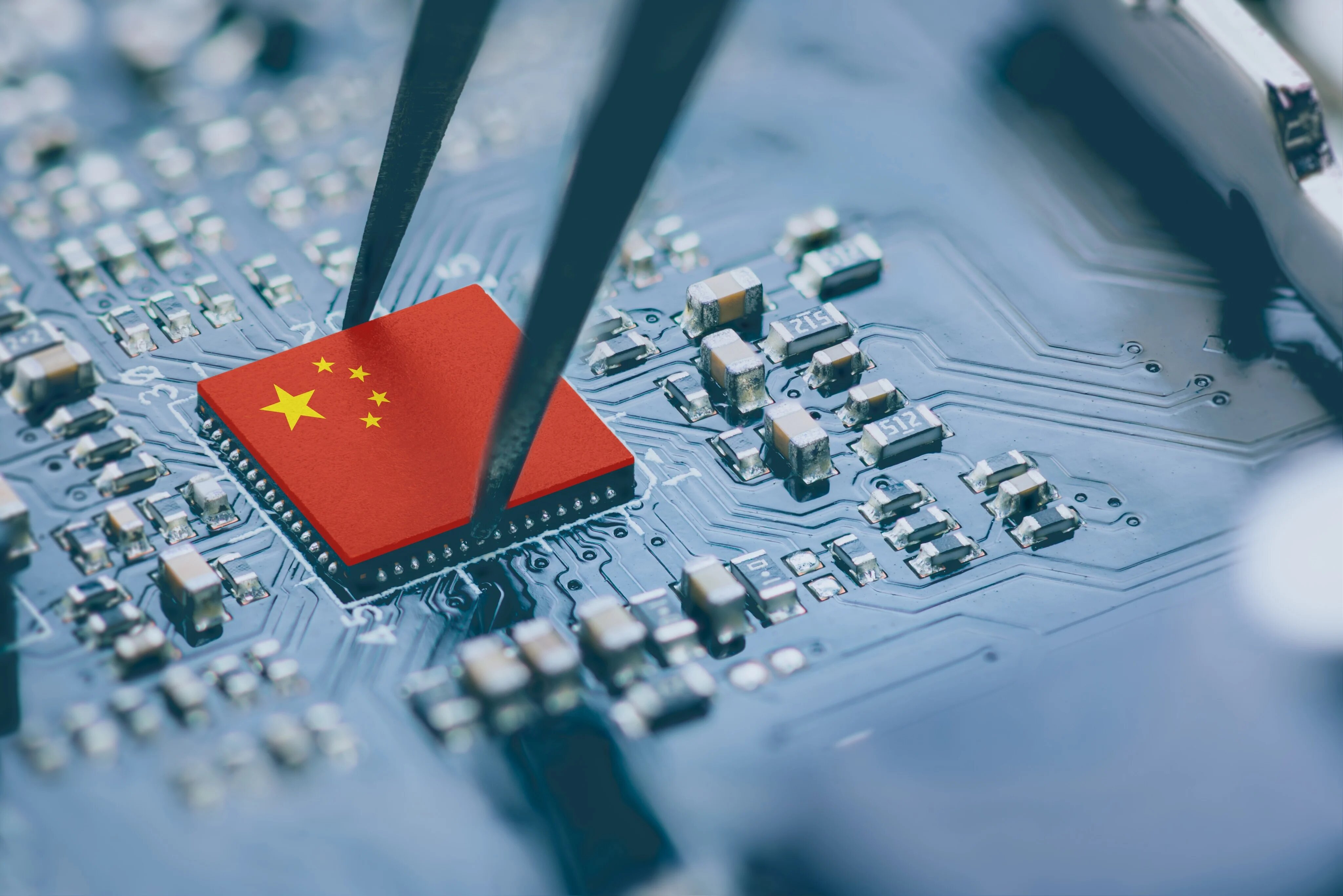
Advantages of Sourcing Wholesale Electronics from China
Cost Efficiency: Competitive Pricing
Sourcing wholesale electronics from China offers a significant advantage through competitive pricing. This is due to China's robust manufacturing infrastructure and economies of scale. Chinese electronics factories can produce components and devices in large quantities, reducing production costs per unit. Businesses that source electronics from China often enjoy better profit margins and can offer cost-effective products.
Wide Range of Product Options
China provides an extensive range of product options for wholesale electronics. The Chinese electronics market covers consumer electronics, industrial machinery, electronic components, and more. This diversity allows businesses to explore various products, from cutting-edge smartphones to specialized electronic components, all in one place. It ensures that businesses can cater to different market segments and adapt to changing consumer preferences easily.
High-Quality Manufacturing
China has made substantial progress in ensuring high-quality manufacturing. Many Chinese factories adhere to international quality standards and invest in advanced production technologies. They prioritize product quality and consistency to remain competitive. China's focus on research and development has led to innovative manufacturing techniques that enhance the durability and performance of electronic products. This commitment to quality reassures businesses that they can source top-notch electronics from China.
Speed and Efficiency in Production
China is known for its speed and efficiency in electronics production. Chinese factories can rapidly produce large quantities of electronics without compromising quality. This efficiency is essential for businesses facing tight deadlines or wanting to respond quickly to market trends. Whether launching a new product or restocking inventory, China's production capabilities enable businesses to react swiftly to market demands.
Adaptability to Market Trends
In the fast-paced electronics industry, staying ahead of market trends is crucial. Chinese electronics manufacturers excel at keeping up with industry innovations and consumer preferences. They can quickly integrate new technologies into their products and align their offerings with evolving market trends. This adaptability ensures that businesses sourcing electronics from China can consistently offer products that resonate with consumers, enhancing their competitiveness in the market.

Challenges and Considerations
Language and Communication Barriers
Sourcing electronics from China comes with challenges and language and communication barriers are notable hurdles. Many Chinese manufacturers may not have fluent English-speaking staff, leading to misunderstandings and miscommunication. To overcome this challenge, businesses often use translators or work with experienced sourcing agents who can effectively bridge the language gap.
Quality Assurance and Inspection
Maintaining consistent product quality can be a concern when sourcing from overseas. To address this, many businesses implement rigorous quality assurance and inspection processes. This may involve hiring third-party quality control agencies or establishing in-house quality control teams to ensure products meet desired standards. While this adds complexity and cost, it's crucial for maintaining customer satisfaction and brand reputation.
Intellectual Property Concerns
Protecting intellectual property (IP) is a critical consideration when sourcing electronics from China. Intellectual property theft and counterfeiting have been ongoing issues in the country. To safeguard their designs and innovations, businesses must navigate China's legal landscape, including patents, trademarks, and copyrights. This may involve working with legal experts and taking proactive measures to protect IP rights.
Import Regulations and Customs
Navigating import regulations and customs procedures can be a logistical challenge when importing electronics from China. Each country has its regulations governing the import of electronic products, including safety standards and certifications. Businesses must ensure compliance with these regulations to avoid delays and potential legal issues. Engaging customs brokers or consultants with expertise in international trade can simplify this complex process.
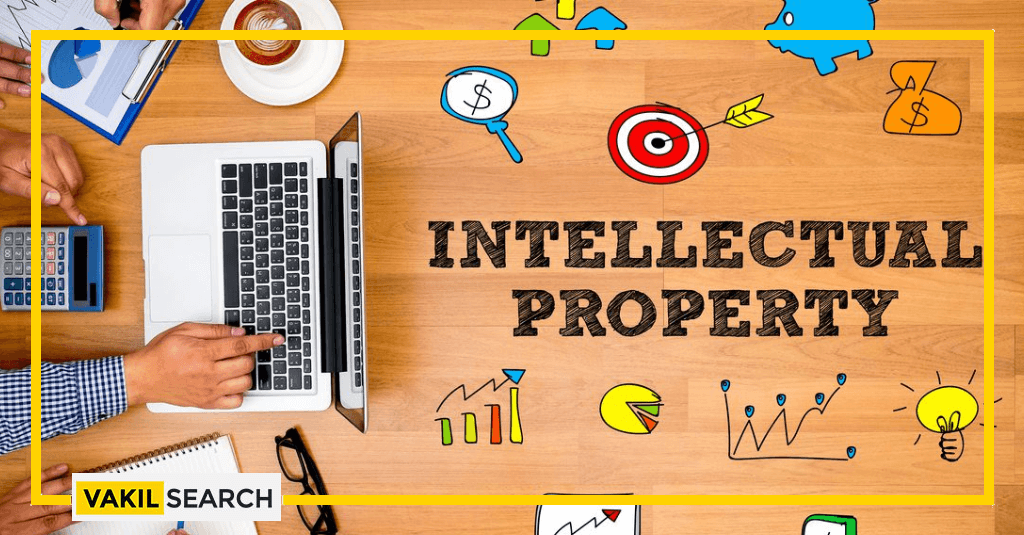
Finding Reliable Suppliers
In the ever-expanding global marketplace, finding reliable suppliers is essential for successful business operations, especially when sourcing goods from overseas. To ensure a smooth and prosperous business relationship, it is essential to follow a meticulous approach. Here, we will delve into the various steps involved in finding and vetting dependable suppliers.
Researching Potential Suppliers
The journey to finding reliable suppliers begins with thorough research. Start by identifying potential suppliers within your industry or niche. Utilize online directories, trade journals, and industry-specific forums to compile a list of candidates. Take note of their product offerings, manufacturing capabilities, and location. This initial research will help you narrow down your options and identify suppliers aligned with your business needs.
Evaluating Supplier Reputation
Once you have a list of potential suppliers, the next step is to evaluate their reputation and track record. Look for reviews, testimonials, and references from other businesses that have worked with these suppliers. Investigate any red flags such as consistent delivery delays, quality issues, or disputes. A reputable supplier should have a positive track record and a history of delivering on their promises.
Visiting Trade Shows and Exhibitions
One effective way to assess potential suppliers is by attending trade shows and exhibitions related to your industry. These events provide an opportunity to meet suppliers in person, examine their products firsthand, and establish direct connections. Trade shows also allow you to gauge the supplier's commitment to innovation and their understanding of market trends.
Building Strong Supplier Relationships
Building strong and mutually beneficial relationships with your suppliers is a crucial aspect of a successful partnership. Effective communication, transparency, and trust are the pillars of such relationships. Regularly engage with your suppliers to discuss expectations, quality standards, and any potential challenges. A collaborative approach fosters a sense of partnership, encouraging suppliers to prioritize their business needs.
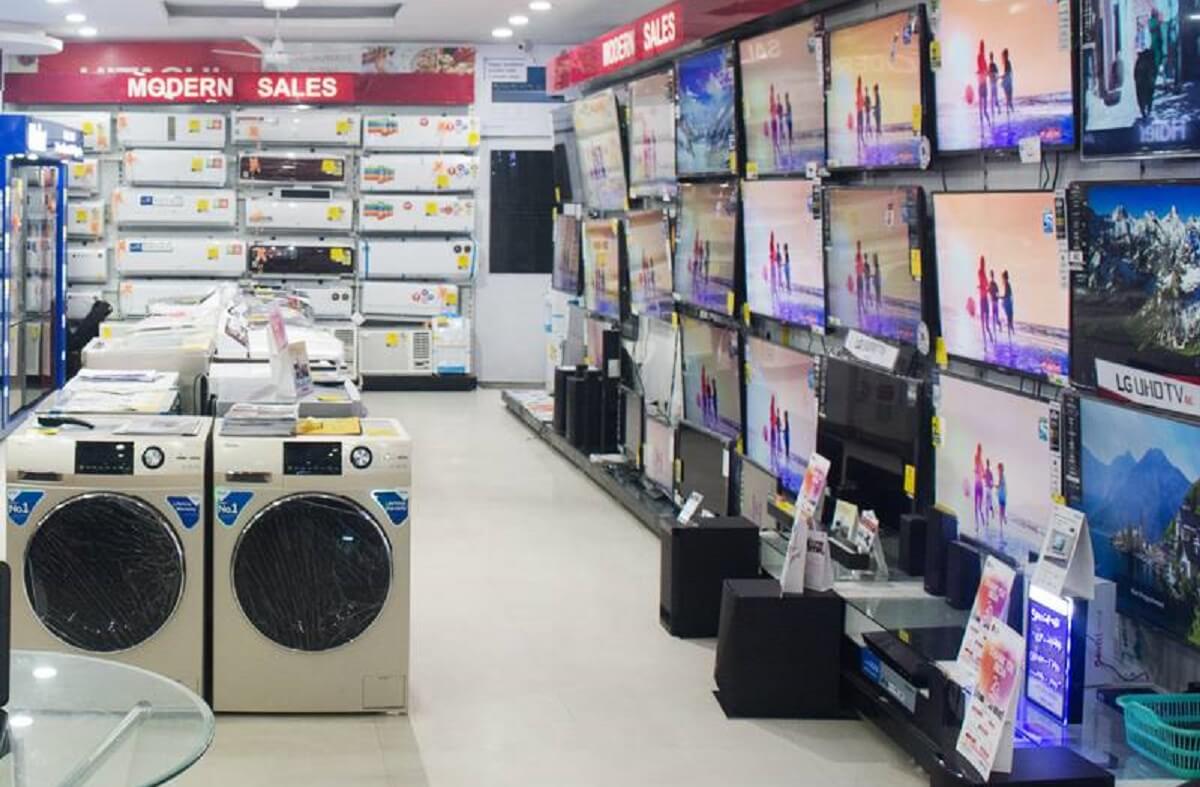
Navigating the Import Process
Once you've secured reliable suppliers, the next phase involves navigating the intricate import process. Importing goods from foreign suppliers requires a comprehensive understanding of import regulations, documentation, logistics, and customs procedures.
Import Documentation and Licensing
The import process begins with the proper documentation and licensing. Familiarize yourself with the specific requirements of your country's import regulations. Commonly required documents include a commercial invoice, bill of lading, packing list, and a certificate of origin. Depending on the nature of the goods, additional permits or licenses may be necessary. Ensuring that all required documents are in order is vital to avoid customs delays.
Shipping and Logistics
Choosing the right shipping method and logistics partner is another critical consideration. Assess factors such as shipping costs, transit times, and the mode of transportation (e.g., sea, air, or land). Select a reputable freight forwarder or logistics provider with expertise in international shipping. Efficient logistics can significantly impact the timely arrival of your goods and overall cost-effectiveness.
Customs Duties and Taxes
Customs duties and taxes are unavoidable when importing goods. Research the applicable tariffs and tax rates for your imported products. Utilize customs brokers or consultants who can assist in calculating and navigating these costs. Effective management of customs duties and taxes can help you optimize your import expenses.
Dealing with Import Restrictions
Import restrictions can vary widely based on product type, source country, and local regulations. Be aware of any restrictions that may apply to your goods, such as quotas, embargoes, or safety standards. It's essential to comply with these regulations to avoid legal consequences and delays. Engaging legal counsel or trade compliance experts can be valuable in ensuring full adherence to import restrictions.
Quality Control and Assurance
In the dynamic world of electronics, where innovation is of utmost importance, maintaining strict quality control and assurance measures is crucial. Let's delve into the details of quality management and understand its pivotal role in the electronics industry.
Ensuring Product Quality
Quality control begins with the foundation of product development. Manufacturers employ meticulous processes to ensure that each component and device meets predefined standards. This includes sourcing high-quality materials, following rigorous assembly procedures, and conducting thorough testing at various production stages. Stringent quality checks are in place to detect and correct any deviations from these standards. This unwavering commitment to product quality safeguards customer satisfaction and brand reputation.
Inspection and Testing Procedures
Robust inspection and testing procedures lie at the core of quality control in the electronics industry. These procedures cover a range of tests, from functional assessments to stress testing under extreme conditions. Advanced technologies like automated optical inspection (AOI) and X-ray inspection are used to scrutinize components for defects that may go unnoticed by the human eye. Moreover, products undergo reliability testing to ensure they can withstand the demands of real-world use. These meticulous processes minimize the chances of product failures and recall.
Managing Returns and Defective Products
Despite stringent quality control measures, occasional defects may occur. Effective management of returns and defective products is a testament to a company's dedication to customer satisfaction. Electronics manufacturers have well-defined return and warranty policies in place. When defects arise, timely replacements or repairs are provided, demonstrating accountability and building customer trust. Analyzing defect patterns also facilitates continuous improvement in product design and manufacturing processes.
Staying Competitive in the Electronics Market
Remaining competitive in the fast-paced electronics market is an ongoing challenge due to rapid technological advancements and intense competition. Let's explore the strategies businesses use to maintain their edge in this market.
Pricing Strategies
Pricing strategies are crucial in the competitive electronics market. Manufacturers must balance offering competitive prices with preserving profit margins. Strategies like value-based pricing, dynamic pricing, and bundling can be effective in attracting customers while optimizing revenue. Additionally, monitoring competitors' pricing strategies and adjusting accordingly is essential to stay competitive.
Product Differentiation
Setting products apart from the competition is a key driver of competitiveness. Electronics manufacturers continually seek ways to make their products unique. This may involve incorporating distinctive features, offering superior performance, or designing aesthetically pleasing devices. Sustainability and eco-friendliness have also become differentiating factors as consumers increasingly value environmentally responsible products.
Marketing and Branding
Effective marketing and branding are crucial for capturing and retaining market share. Successful electronics companies invest in compelling advertising campaigns, utilize social media, and engage in influencer marketing. Building a strong brand identity fosters customer loyalty and trust, making it more likely for consumers to choose a particular brand when making purchasing decisions.
Keeping Up with Technological Advancements
Staying competitive relies on keeping up with technological advancements. The electronics industry evolves rapidly, with new breakthroughs and innovations emerging regularly. To remain relevant, manufacturers must invest in research and development, fostering a culture of innovation. Being at the forefront of technological trends not only attracts tech-savvy consumers but also positions companies as industry leaders.
Legal and Compliance Issues
Legal and Compliance Issues In the fast-paced business world, understanding and adhering to legal requirements is crucial. This is particularly true in the electronics industry, where competition and innovation are constant. Here, we'll explore the importance of addressing legal and compliance issues in business.
Protection of Intellectual Property
Protecting intellectual property (IP) is essential for electronics companies. This includes patents, trademarks, copyrights, and trade secrets. Strong IP protection prevents others from copying proprietary technologies or designs, safeguarding a company's innovations. This involves legal filings and proactive measures like non-disclosure agreements (NDAs) with employees and partners. Vigilant IP protection secures a company's competitive advantage.
Compliance with Regulations
The electronics industry operates under strict regulations that ensure safety, environmental responsibility, and fair trade. These regulations can vary by region, making meticulous adherence crucial to avoid legal consequences and protect a company's reputation. Compliance extends to product safety standards, labeling requirements, and environmental directives such as RoHS (Restriction of Hazardous Substances).
Contracts and Agreements
Contracts and agreements are fundamental in the electronics industry. These legally binding documents outline transaction terms, partnerships, and collaborations. Key contracts include supplier agreements, distribution contracts, and licensing agreements. They provide legal protection and establish clear expectations, facilitating smooth business operations.
Dispute Resolution
Disputes can arise in the electronics industry. Efficient dispute resolution mechanisms are vital to avoid lengthy legal battles that can harm business interests. Alternative dispute resolution methods like mediation and arbitration offer faster and cost-effective solutions. Having a well-defined dispute resolution strategy enables companies to resolve conflicts promptly and maintain essential business relationships.

Customer Satisfaction and After-Sales Support
In the electronics industry, ensuring customer satisfaction and providing exceptional after-sales support are essential for building brand reputation and fostering loyalty.
Delivering Outstanding Customer Service
Exceptional customer service begins with responsive and knowledgeable support teams. Customers should have access to representatives who can promptly address their inquiries and concerns. Clear communication channels, both online and offline, are crucial to provide a seamless experience from purchase to product usage.
Warranty and Returns Policies
Warranty and returns policies play a pivotal role in customer satisfaction. Offering comprehensive warranties reassures customers about product quality and reliability. Transparent and fair returns policies simplify the process for customers facing issues. Electronics companies should ensure these policies are well-defined and transparent to build trust and confidence.
Resolving Customer Inquiries and Issues
Efficiently handling customer inquiries and issues is crucial. This involves active listening, empathetic responses, and effective problem-solving. Implementing a system for tracking and resolving customer complaints and feedback is essential. Additionally, using customer feedback for continuous improvement can lead to product enhancements and increased customer satisfaction.
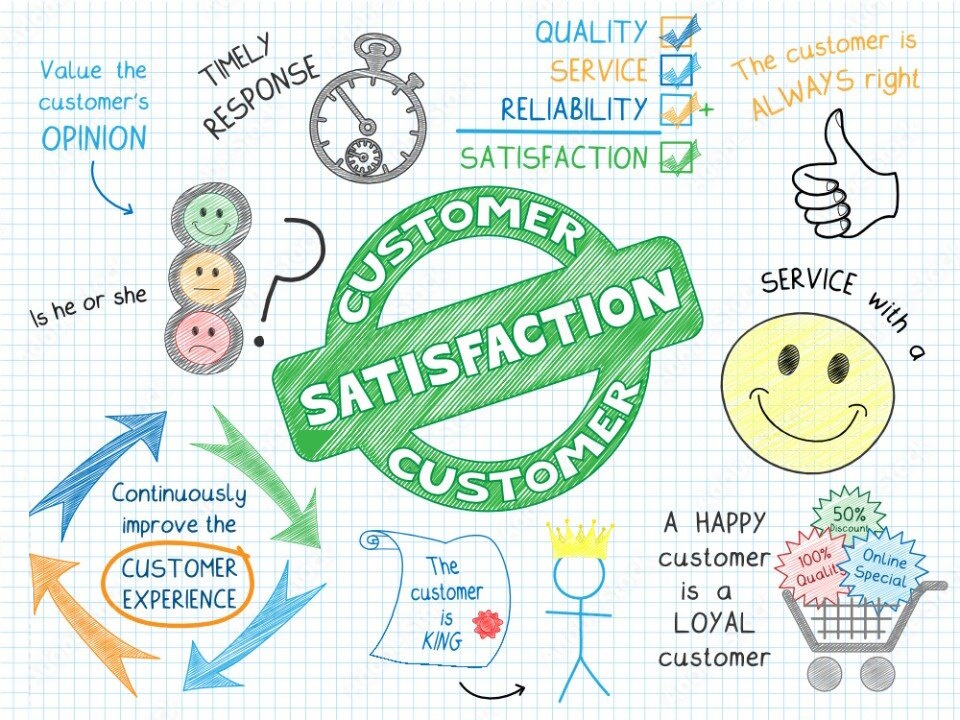
Conclusion
The future of wholesale electronics from China has many exciting opportunities ahead. As technology keeps advancing quickly, there's a growing demand for innovative and eco-friendly electronic solutions. China is known for its manufacturing capabilities and commitment to being environmentally responsible, making it a leader in meeting this demand.
Furthermore, we're on the brink of seeing artificial intelligence (AI) and machine learning become a part of electronic products. Chinese companies are investing heavily in AI research and development, which means we can expect smarter and more adaptable electronic devices, like smartphones with enhanced AI features or AI-powered industrial equipment.
In addition to this, as global supply chains get more complex, it's increasingly important to diversify and be resilient. China's large and flexible manufacturing network will continue to be a key resource for businesses looking to improve their supply chain strategies and stay competitive in the global electronics market.
Emerging Trends and Opportunities
There are also new trends and opportunities in wholesale electronics from China that go beyond the mainstream market. Industries like medical electronics, renewable energy technologies, and electric vehicles are all set for significant growth, offering profitable prospects for companies willing to enter these specialized fields.
Moreover, customization and personalization are going to be more important. Chinese manufacturers are giving businesses the option to personalize their electronic solutions, allowing them to tailor products to their specific needs. This not only sets their products apart but also caters to different customer requirements.

